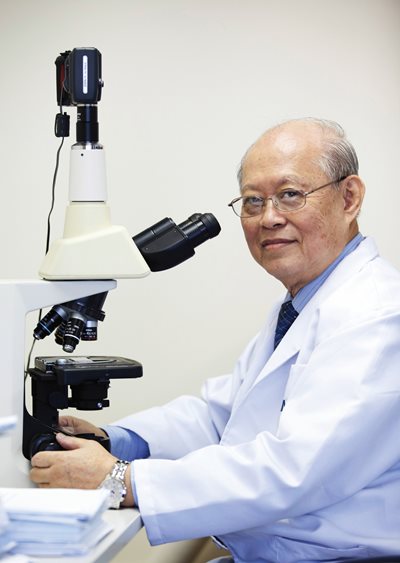
An Influencer in the Field of Tropical Diseases
Professor Mak Joon Wah is a globally recognised expert in filariasis and malaria, and has been appointed as a WHO consultant on 17 different occasions. His extensive contributions, particularly in the study of tropical diseases like filariasis and malaria, have significantly advanced research in Parasitology and Parasitic Diseases globally.
The boy who lived
A distinguished scholar renowned for his significant contributions to the fields of Parasitology and Parasitic Diseases, Professor Mak was born in Penang on 11 December 1942 during the Japanese Occupation of Malaya.
After contracting pneumonia at a very young age as seeking medical attention was particularly difficult because of the war situation, he almost didn't make it past childhood. He became better, thanks to the determined efforts of a General Practitioner who treated him with the latest drugs available at that time. It is that very doctor, who inspired Professor Mak to pursue medicine as a career.
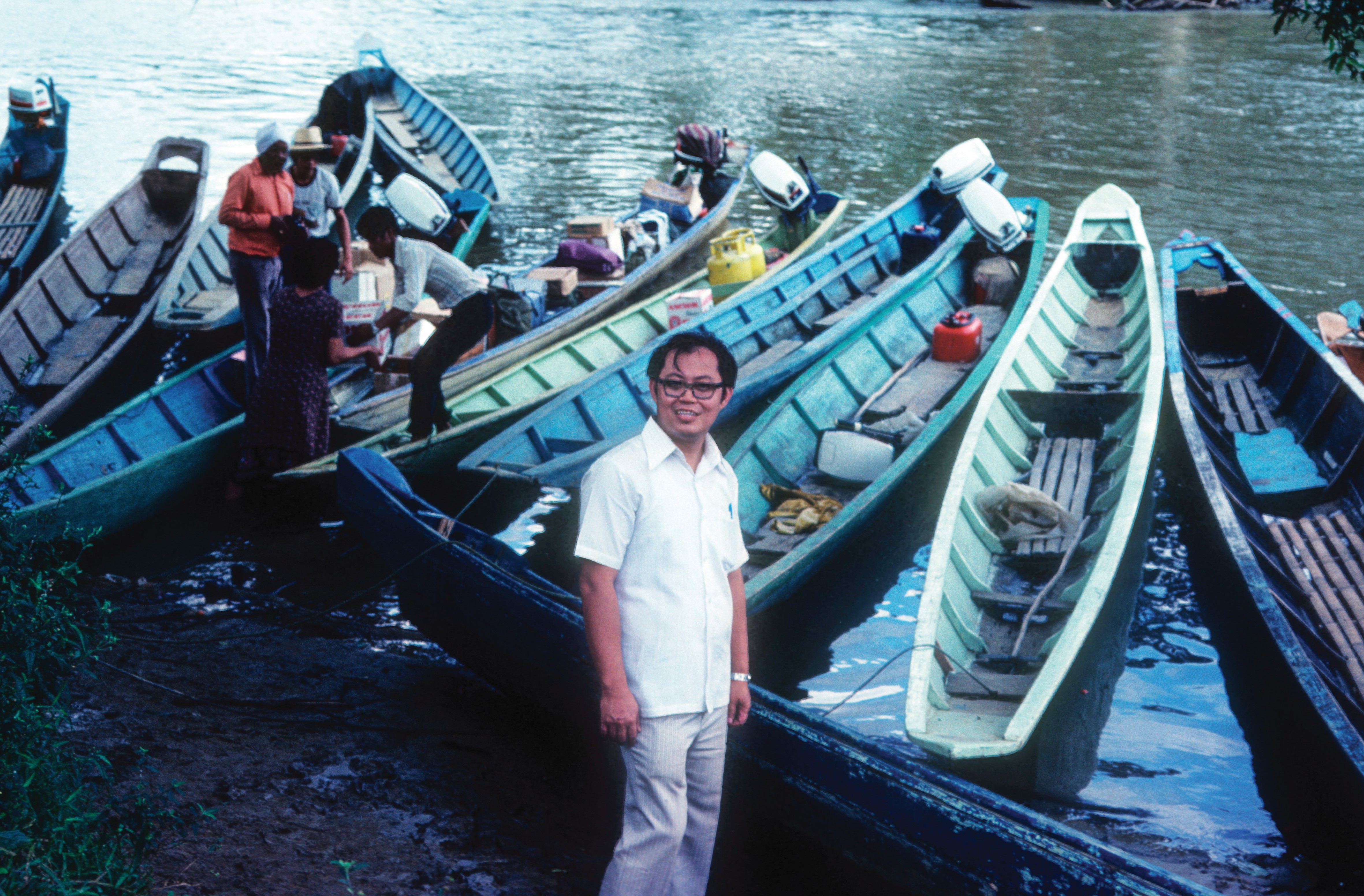
In 1967, Professor Mak earned his medical degree from the University of Singapore, culminating in his housemanship at Hospital Parit Buntar in 1968. This pivotal period marked the inception of his keen interest in researching parasitic infections as parasitic infections were rampant in surrounding areas.
Pioneering work on malaria and filariasis
Professor Mak did a postgraduate Diploma in Applied Parasitology and Entomology at the Institute of Medical Research (IMR) upon being transferred back to Penang Hospital.
He went on to graduate at the top of his class and began his journey into researching ways to control infections that were rampant in those years, such as malaria, which recorded up to 30,000 cases during the 1970s and 1980s, and filariasis.
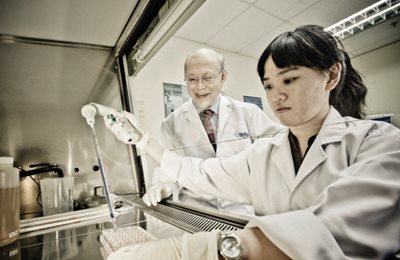
Professor Mak and his team tirelessly conducted and participated in countless surveys in the region, going on the ground nationwide in affected areas such as Felda land schemes, rubber estates and Orang Asli settlements.
To address the World Health Organization's (WHO) pressing requirement for drug development to combat both filariasis and onchocerciasis (a parasitic infection caused by a distinct filarial worm), Professor Mak and his team pioneered the "in vitro" cultivation of the filarial parasite (Brugia malayi), progressing it from the third stage to juvenile adults.
This landmark achievement was deemed so important by the WHO, that it decided to conduct a training workshop on this method in 1984 to disseminate this technique.
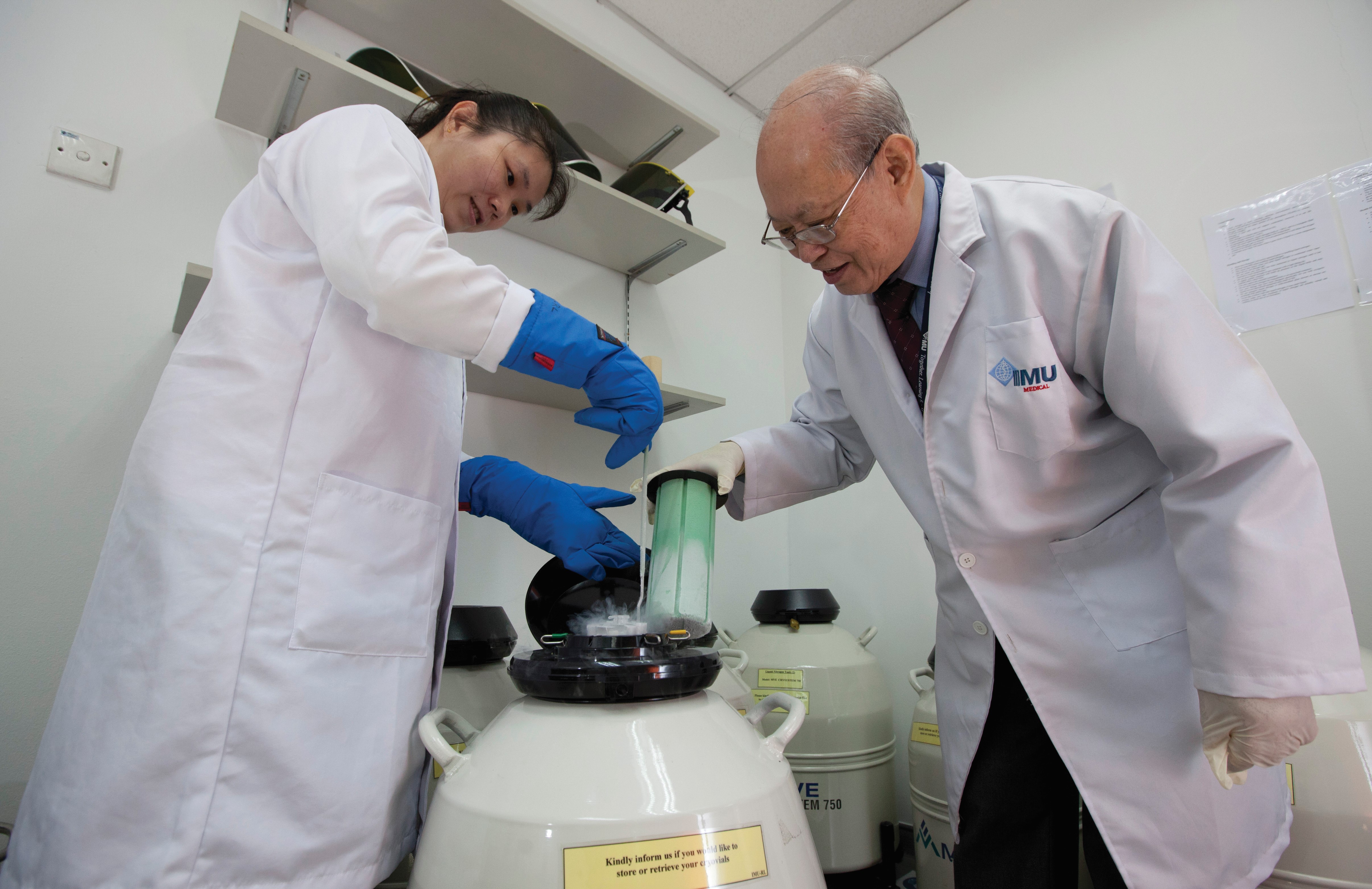
Continuing his legacy
Professor Mak has been a key figure in advancing tropical medicine in Malaysia, holding leadership positions in organisations like the Malaysian Society of Parasitology and Tropical Medicine.
Awarded the National Science Award in 1985, Professor Mak has published 340 scientific papers, presented 78 papers at various seminars, and is affiliated with prestigious societies like the Royal College of Pathologists.
Currently the Vice President (Research) as well as Dean of Postgraduate Studies and Research at the International Medical University (IMU) in Kuala Lumpur, Professor Mak is working on environment-related problems such as indoor and outdoor air quality, water resources and hospital acquired infections.
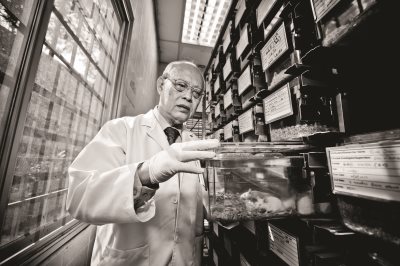
Disclaimer:
The information in this award recipient's profile is accurate to the best of our knowledge as of the time the award was presented. Any subsequent changes, updates, or developments in the individual's life or achievements may not be reflected in this profile.